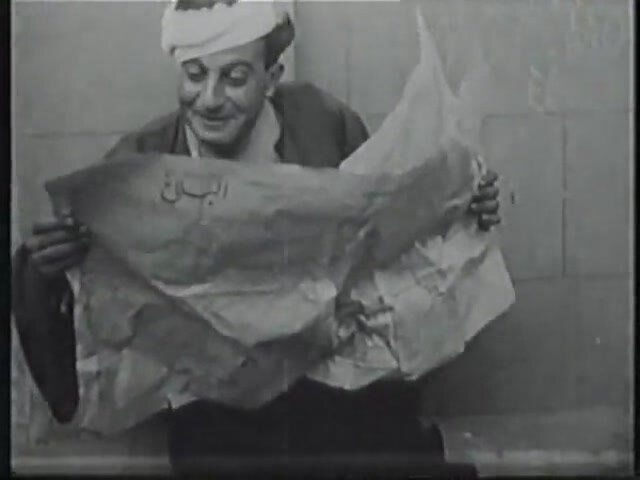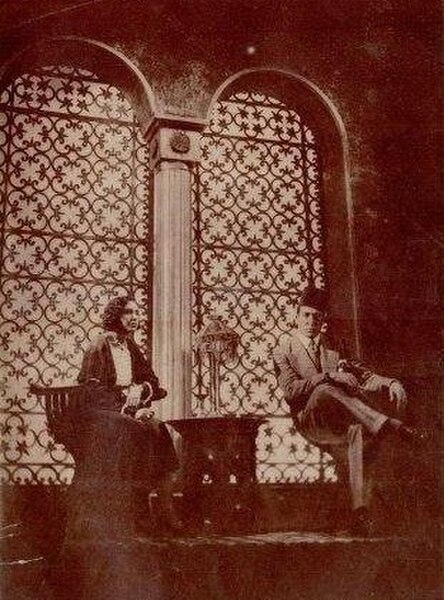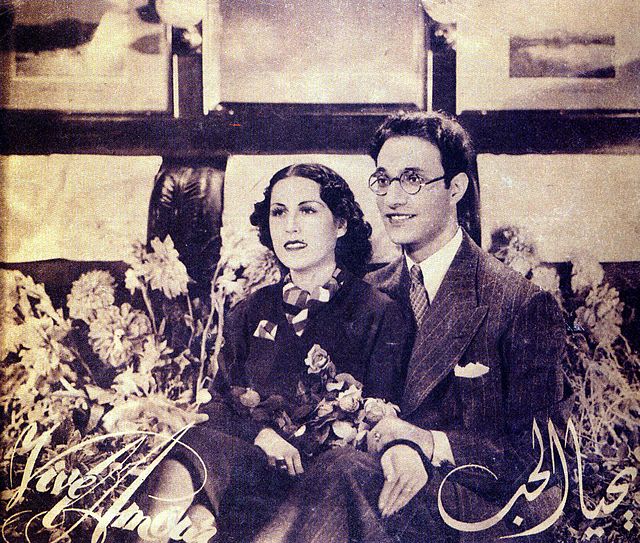Naguib Mahfouz Abdelaziz Ibrahim Ahmed Al-Basha was an Egyptian writer who won the 1988 Nobel Prize in Literature. Mahfouz is regarded as one of the first contemporary writers in Arabic literature, along with Taha Hussein, to explore themes of existentialism. He is the only Egyptian to win the Nobel Prize in Literature. He published 35 novels, over 350 short stories, 26 screenplays, hundreds of op-ed columns for Egyptian newspapers, and seven plays over a 70-year career, from the 1930s until 2004. All of his novels take place in Egypt, and always mentions the lane, which equals the world. His most famous works include The Cairo Trilogy and Children of Gebelawi. Many of Mahfouz's works have been made into Egyptian and foreign films; no Arab writer exceeds Mahfouz in number of works that have been adapted for cinema and television. While Mahfouz's literature is classified as realist literature, existential themes appear in it.
Mahfouz in 1980s
Mahfouz in 1960s
The Egyptian film industry is today based mainly in Cairo, which is sometimes referred to as Hollywood on the Nile or Hollywood of the East, despite having its beginnings in the city of Alexandria in the early 20th century. A strong industry grew in Egypt with a high distribution rate among the Arab world, and Cairo produces around three-quarters of the Arab world's screen output. It has had a large effect on the African and Arab film industry since the early 20th century.
Bishara Wakim in Barsoum Looking for a Job (1923)
Aziza Amir in Laila (1927)
Publicity still for Sons of Aristocrats (1932), first Egyptian sound film
Publicity still for Yahya el hub (1938)






